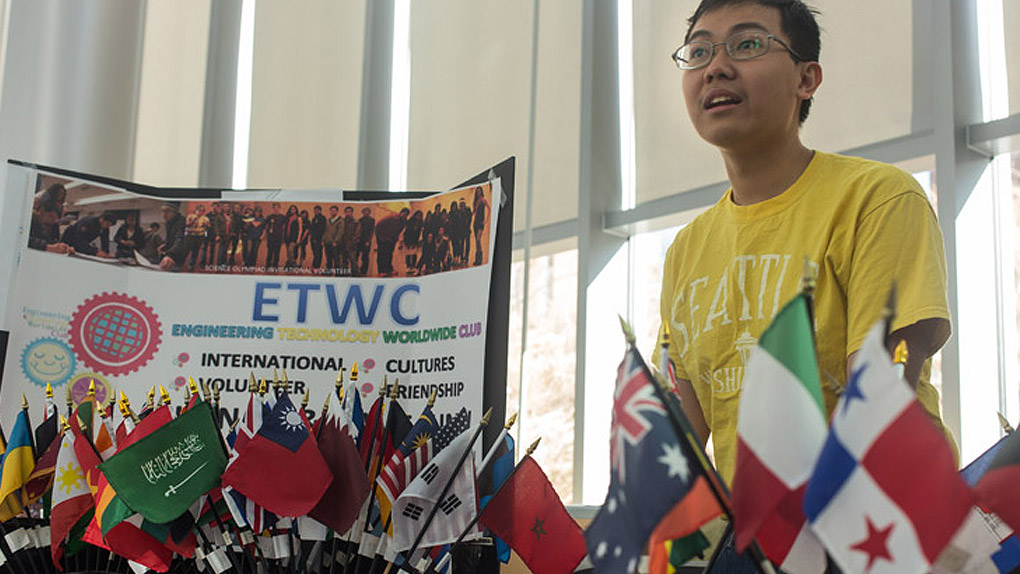Visas & Employment
Bringing the world to Indiana University Indianapolis: Visa advising and services
Whether you are an IU Indianapolis student or a department that is hiring a scholar or worker, the Office of International Affairs has immigration experts who will help you throughout the visa process.
Immigration information can be complicated, but we will help you understand it, complete your steps on time, follow all rules, and meet all requirements. If you have questions, contact us.
What Is the Difference between a Visa and a Visa Status?
A visa is a stamp in a person's passport that allows him or her to request permission to enter the United States. Your visa status is the immigration category that you were granted when you entered the United States, such as F-1, J-1, or H-1B.
Visa status must be maintained throughout a person's time here in order to stay legally in the United States—and we will help with that.
Student Visas at IU Indianapolis
Only people who are enrolled full time in classes or are obtaining a degree are considered to be students for visa purposes.
You will probably have one of two types of nonimmigrant status:
- F-1 status: Most IU Indianapolis students are in F-1 status.
- J-1 status: J-1 status is primarily for students who come to the United States during an exchange program, generally for a year or less.
Visas for Faculty Members, Workers, Researchers, and Other Visitors
If a person's main purpose at IU Indianapolis is to work or do research (this includes Ph.D. researchers and research interns), he or she will come to IU Indianapolis on one of the visas below. Most nonstudents come to IU Indianapolis in J-1 or H-1B status.
Departments at IU Indianapolis are responsible for initiating the visa process and keeping it moving. Read about departmental hiring and hosting, and contact us with any questions.
Most Common Visas for Nonstudents
J-1 Scholar
J-1 Scholar status for nonstudents may be used for professors and researchers (who may stay up to five years), specialists in a field (who stay one year or less), and short-term scholars (who stay six months or less). Learn more about J-1 Scholar status »
H-1B Specialty Workers
H-1B status is for professional positions that require a bachelor’s degree or higher in a specialty field. H-1B status can be granted for up to six years. Learn more about H-1B Specialty Worker status »
Learn about other visas that departments can use »
If a scholar or worker intends to pursue a longer stay in the United States, he or she can also learn about permanent residence.

